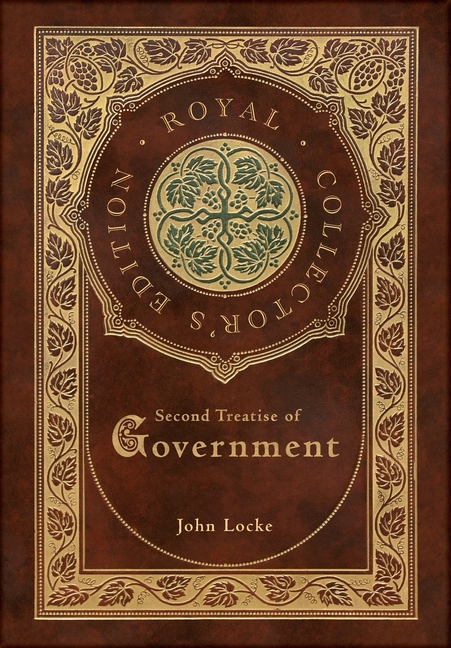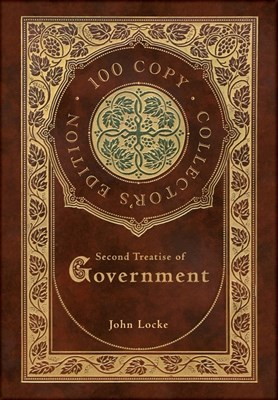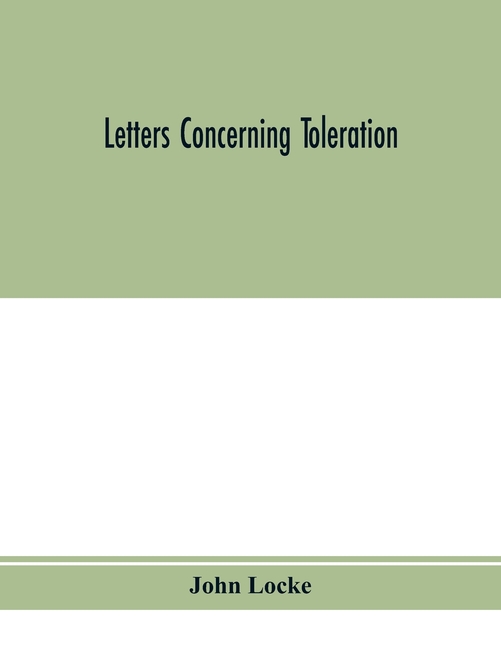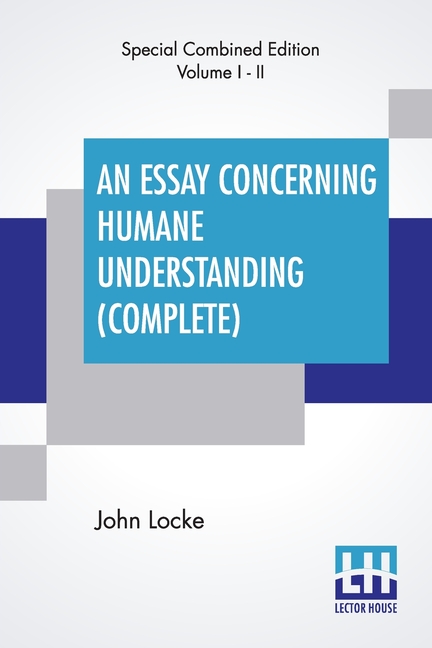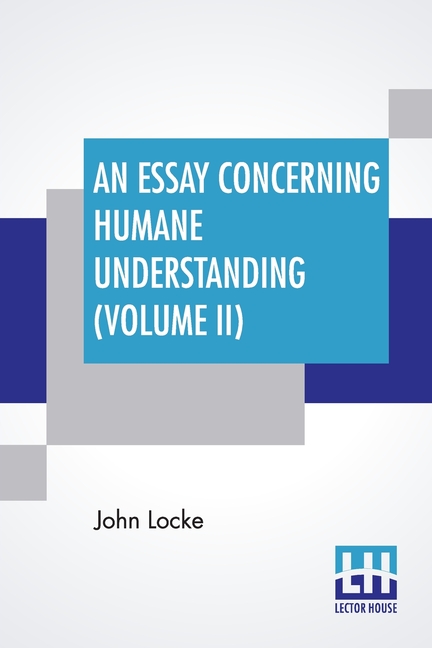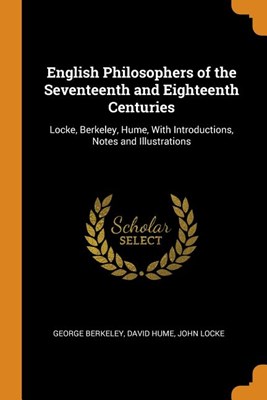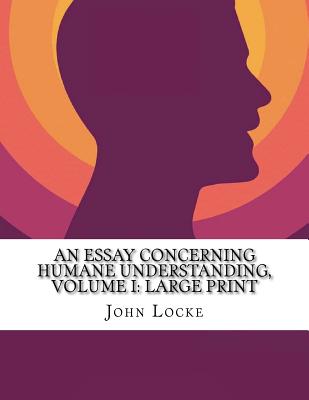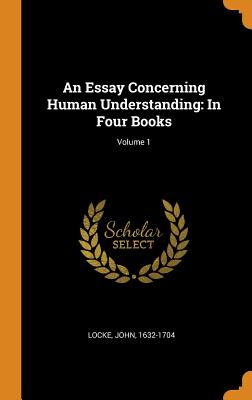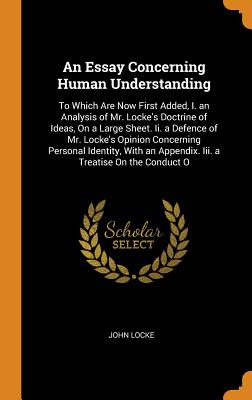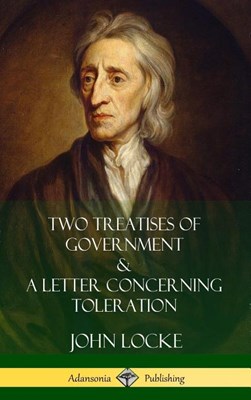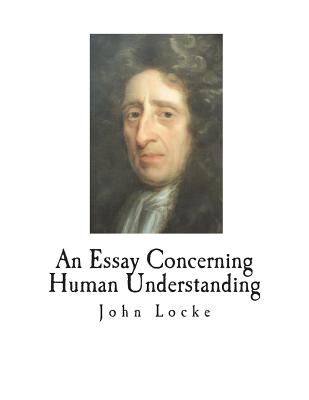
An Essay Concerning Human Understanding
An Essay Concerning Human Understanding by John Locke. An Essay Concerning Human Understanding is a work by John Locke concerning the foundation of human knowledge and understanding. It first appeared in 1689 (although dated 1690) with the printed title An Essay Concerning Humane Understanding. He describes the mind at birth as a blank slate (tabula rasa, although he did not use those actual words) filled later through experience.
| Quantity | Price | Discount |
|---|---|---|
| List Price | $13.95 |
Non-returnable discount pricing
$13.95
Book Information
| Publisher: | Createspace Independent Publishing Platform |
|---|---|
| Publish Date: | 07/16/2018 |
| Pages: | 360 |
| ISBN-13: | 9781723150616 |
| ISBN-10: | 1723150614 |
| Language: | English |
Full Description
An Essay Concerning Human Understanding by John Locke. An Essay Concerning Human Understanding is a work by John Locke concerning the foundation of human knowledge and understanding. It first appeared in 1689 (although dated 1690) with the printed title An Essay Concerning Humane Understanding. He describes the mind at birth as a blank slate (tabula rasa, although he did not use those actual words) filled later through experience. The essay was one of the principal sources of empiricism in modern philosophy, and influenced many enlightenment philosophers, such as David Hume and George Berkeley. An Inquiry into the understanding, pleasant and useful. Since it is the understanding that sets man above the rest of sensible beings, and gives him all the advantage and dominion which he has over them; it is certainly a subject, even for its nobleness, worth our labour to inquire into. The understanding, like the eye, whilst it makes us see and perceive all other things, takes no notice of itself; and it requires art and pains to set it at a distance and make it its own object. But whatever be the difficulties that lie in the way of this inquiry; whatever it be that keeps us so much in the dark to ourselves; sure I am that all the light we can let in upon our minds, all the acquaintance we can make with our own understandings, will not only be very pleasant, but bring us great advantage, in directing our thoughts in the search of other things.


